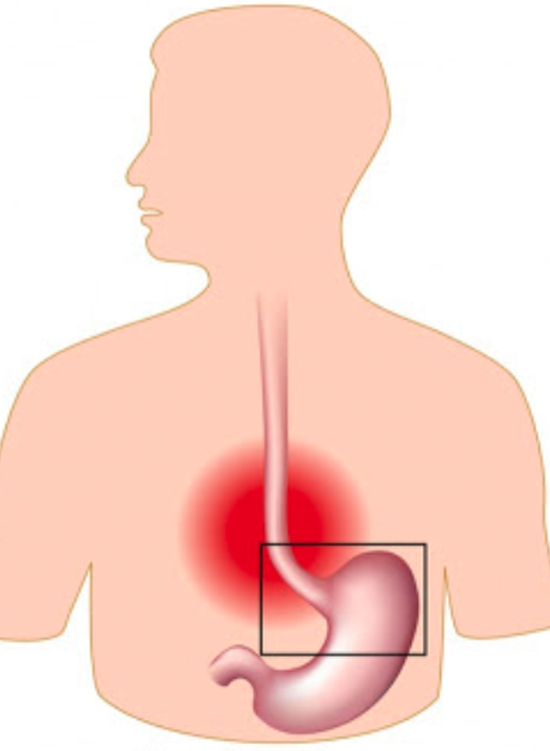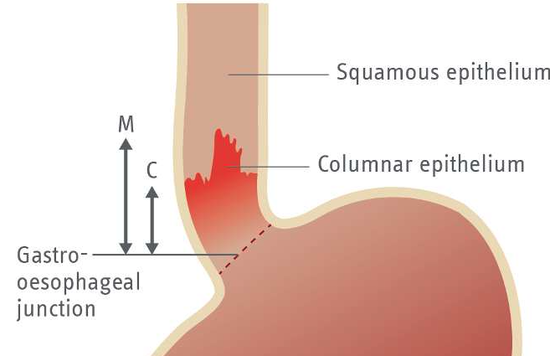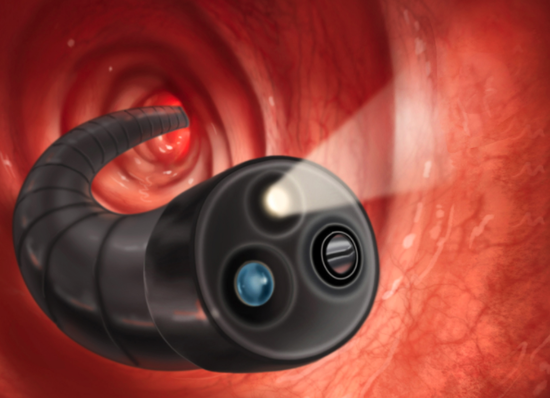Sebastian Zeki
Gastroenterology consultant
Guy's and St Thomas' NHS Trust
Biography
Dr Sebastian Zeki is a consultant gastroenterologist at St Thomas’ Hospital in London. His research interests include upper gastrointestinal physiology, upper gastrointestinal cancer, natural language programming and quality metrics in endoscopy. He co-leads the Gastroenterology data sciences Institute in London
Interests
- Endoscopic therapy
- Oesophageal and stomach cancers/Barrett’s oesophagus
- Oesophageal physiology
- Heartburn; chest pain; indigestion; bloating; spasm; dyspepsia; irritable bowel syndrome; swallowing disorders; hoarse voice; chronic cough and throat clearing
- Eosinophilic oesophagitis
- High quality endoscopy
- Machine learning/R/Natural language programming
- Genomics
Education
PhD - Genomics of Barrett's related malignancy, 2013
University of London
Member of the Royal College of Physician, 2006
MSc Health Informatics, 2003
City University
MBBS MBChir Medicine, 2001
University College London
MA in experimental psychology, 1998
Cambridge University























